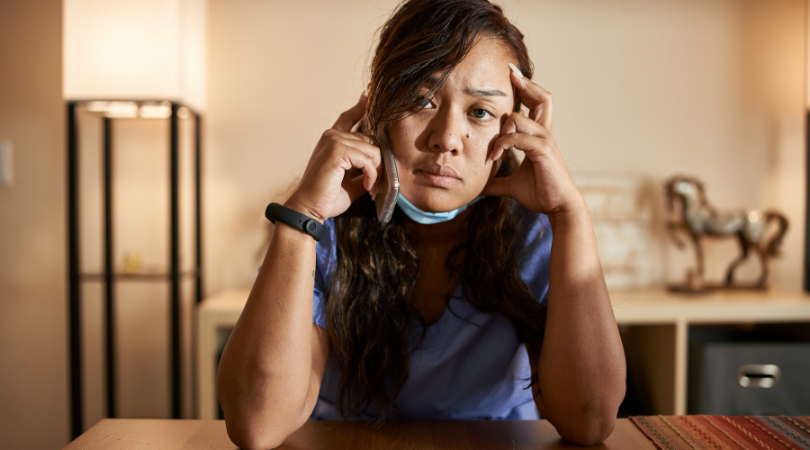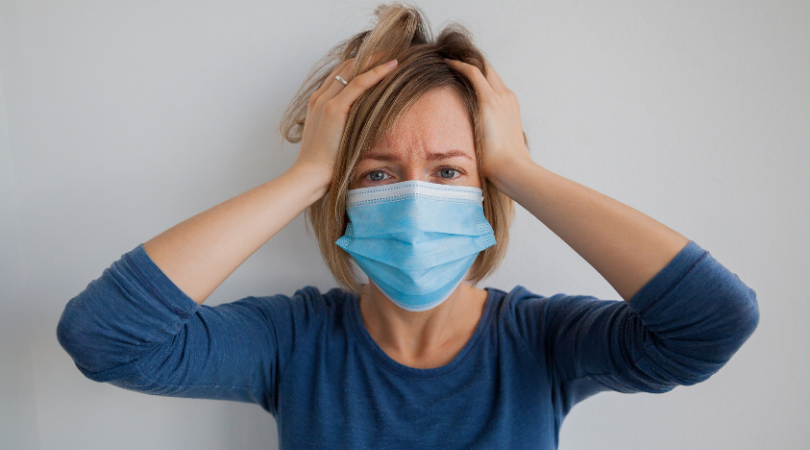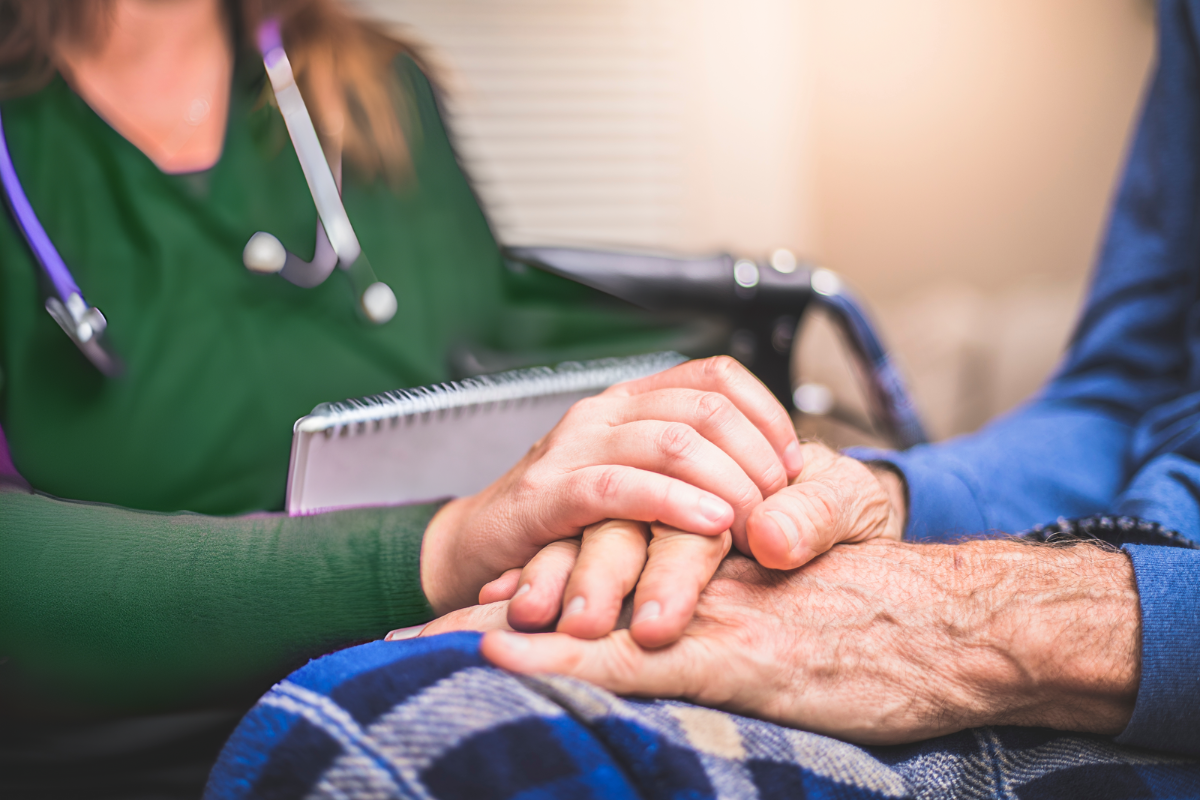What is Emotional PPE for Healthcare Workers?


As the COVID-19 pandemic continues to affect the world, healthcare workers have been rightfully celebrated as heroes for the many challenges they have faced and overcome this year. All the while, these challenges have caused many healthcare workers a great deal of anxiety and stress.
Personal protective equipment (PPE) — which refers to materials such as gloves and face masks that protect users from the virus — has become a household term. Emotional PPE is a new idea that has come to the forefront as healthcare workers undergo their own emotional and mental health struggles while fighting the pandemic.

Why is emotional PPE necessary?
Unfortunately, the reality is that mental health has often taken a backseat to physical health for these essential workers throughout this pandemic. But now is not the time to let these heroes face these issues alone. Maintaining emotional and mental health is equally important as maintaining physical health.
According to a brief survey conducted in April 2020, 269 physicians reported moderate to severe symptoms of anxiety (53%), depression (43%), and insomnia (16%). Out of those reported, 46% wanted to see or would consider seeing a mental health clinician for severe anxiety (30%), not feeling like themselves (27%), or being unhappy (21%). While this sample size is small, it is likely that it is indicative of areas across the nation that have been most affected by COVID-19.
Healthcare workers are not only struggling with the emotional burden of dealing with an unprecedented pandemic and worrying about their patients, but many have been simply overworked and are exhausted. Emotional PPE aims to support them throughout this challenging time.

What is emotional PPE?
So, exactly what is emotional PPE? Emotional PPE can come in a number of forms. But at its core, it is access to mental health resources and support for healthcare workers. It is important that these workers have an outlet to talk about their experiences and receive professional care and verified guidance on how to deal with their situation.
For example, The Emotional PPE Project is a non-profit organization that was created by volunteers and mental health advocates with a goal to connect healthcare workers in need with licensed mental health professionals who can help them. All services provided by The Emotional PPE Project are free of charge and no insurance is needed. It gives healthcare workers access to a directory of licensed mental health professionals who have volunteered their services in an effort to provide adequate support to the nation’s healthcare heroes. Learn more about the amazing work this organization is doing here.
Another great example of emotional PPE is with the Center to Advance Palliative Care, which has a dedicated webpage where palliative care workers can access information about coping with “moral distress, grief, and trauma.” It includes many strategies for managing stress as well as curated lists of mental health resources.
Mental Health America has also provided simple instructions on how healthcare workers can prioritize their mental health and build their own emotional PPE toolkit here.
Emotional PPE simply recognizes that essential frontline workers need more than just physical medical equipment. Personal practices and professional support are both key.

Emotional PPE for Family Caregivers
When it comes to family caregivers of hospice patients, emotional PPE is equally important. Caregiving for a loved one at the end of life is both physically and emotionally demanding work – during a pandemic or not. It can be overwhelming, stressful, and can often lead to caregiver burnout and emotional exhaustion.
Crossroads Hospice & Palliative Care recognizes that the well-being of these caregivers is vital to the well-being of patients. Emotional PPE in the form of resources for hospice caregivers can be found on the Crossroads website. These resources include helpful content for family caregivers, tips for maintaining well-being, community resources, and more.
To learn more about how Crossroads supports family caregivers, please call us at 1-888-564-3405.
If you found this information helpful, please share it with your network and community.
Copyright © 2020 Crossroads Hospice & Palliative Care. All rights reserved.




